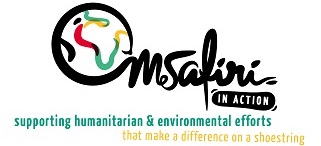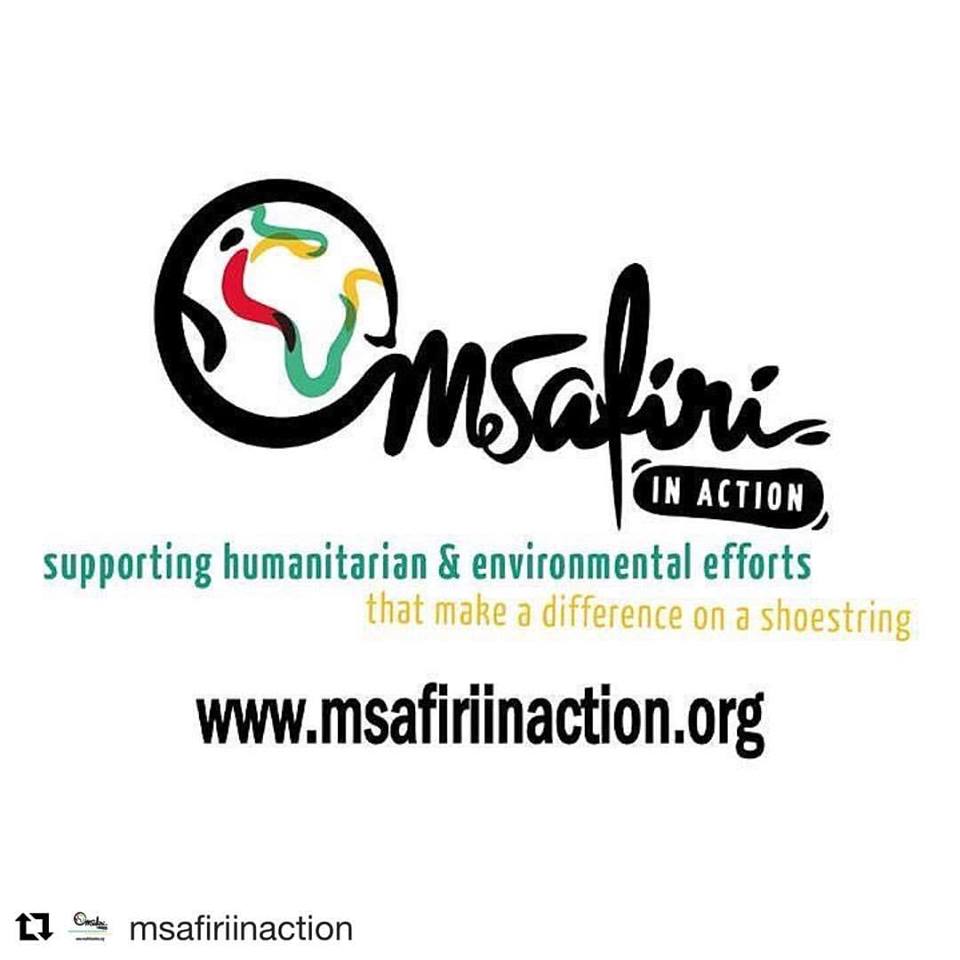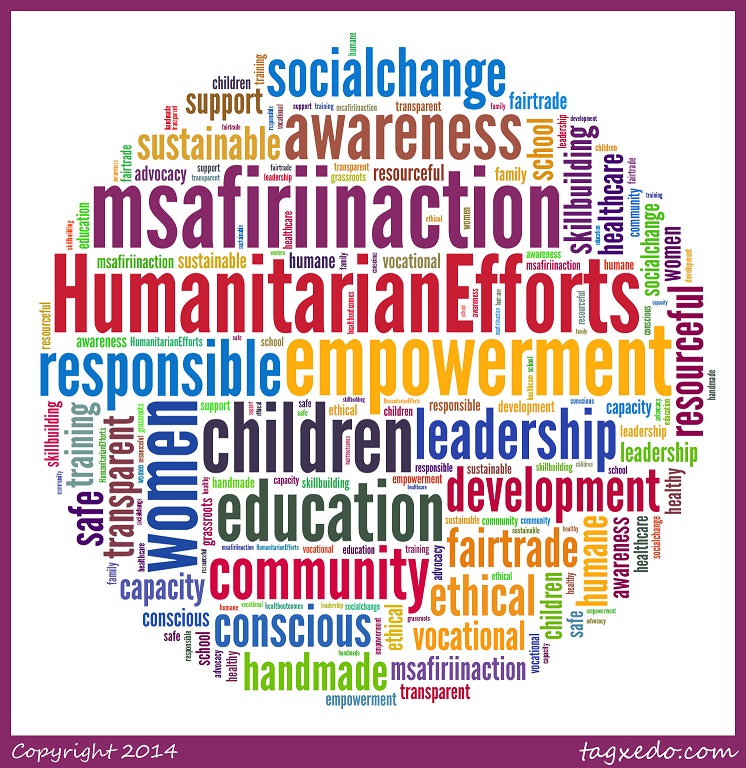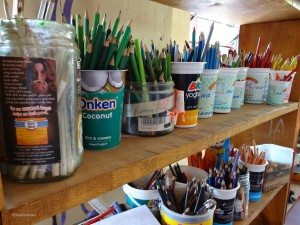- No products in the cart.
Humanitarian efforts
One of the aims of Msafiri In Action is to support organisations that support and empower underprivileged women and children, both locally and in developing countries.
We know this is a good way to focus our humanitarian efforts because:
- Every year of schooling increasing a girl’s future earning power by 10 to 20 percent. [1][2]
- The positive impact of girls’ education has been shown to transcend generations, resulting in better health outcomes among women, their children, and eventually their grandchildren. [1]
- Girls who receive an education marry later, have fewer children,[3] and are more likely to seek healthcare for themselves and their children. [4]
- Providing girls with leadership skills and including them in the decision-making process is one of the major tools to spark economic and social change. [5]
- In Rwanda, women now make up 56 percent of the parliament, compared to 17 percent in 1995. [6]
- Women and girls reinvest 90 percent of their income in their families and communities. [7]
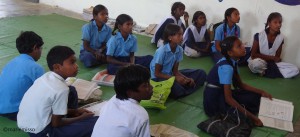
- On average, women make up about 43 percent of the agricultural labour force in developing countries. If these women had the same access to productive resources as men, they could increase yields on their farms by 20 to 30 percent, raising total agricultural output in developing countries by 2.5 to 4 percent, in turn reducing the number of hungry people in the world by 12 to 17 percent. [8]
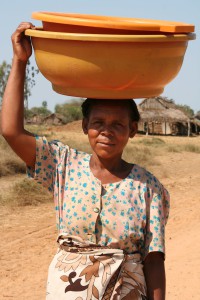 Women express more concern for the environment, support policies that are more beneficial to the environment and tend to vote for leaders who care about the environment. [8]
Women express more concern for the environment, support policies that are more beneficial to the environment and tend to vote for leaders who care about the environment. [8]- Countries with higher female parliamentary representation are more likely to set aside protected land areas are also more likely to ratify international environmental treaties. [8]
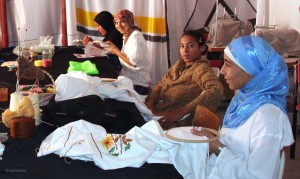 We have seen first-hand how a big difference can be made with very little effort and money – whether through supporting the income of those that look after their families and communities or through supporting grassroots organisations with practical projects and initiatives such as orphanages, schools, health facilities.
We have seen first-hand how a big difference can be made with very little effort and money – whether through supporting the income of those that look after their families and communities or through supporting grassroots organisations with practical projects and initiatives such as orphanages, schools, health facilities.
Humanitarian efforts that we have supported include:
- Partnership with Fundación Checo Pérez
- Australia Sri Lanka Medical Aid Team (AuSLMAT), Sri Lanka
- Avatea Primary School, Cook Islands
- Comprehensive Rural Health Project (CRHP) – Joyful Learning Preschool and Adolescent Girls Program (AGP), Jamkhed, India
- Impoverished Children, Nairobi, Kenya
- OSREDAK Orphanage & DUGA Orphanage, Bosnia and Herzegovina
- St. Gabriel’s Children’s Home, Hatton, Sri Lanka
- The School of St Jude, Arusha, Tanzania
- Velugu Special School, Madanapalle, India
- Women In Action For Development (WIA), Arusha, Tanzania
[1] http://www.girlup.org/learn/the-worlds-adolescent-girls.html
[2] The Chicago Council on Global Affairs. 2011. Girls Grow: A vital force in rural economies
[3] http:// www.unfpa.org/safemotherhood
[4] http://www.unicef.org/mdg/maternal.html
[5] Levine, R., C. Lloyd, M. Greene, C. Grown. 2008. Girls Count: A Global Investment and Action Agenda. Washington, D.C.: Center for Global Development.
[6] World Bank. 2012. Op.cit. p. 83.
[7] Phil Borges. 2007. Women Empowered: Inspiring Change in the Emerging World. New York.
[8] Inter-Agency Task Force on Rural Women, which is led by FAO, IFAD and WFP, and is composed of the following members: ITC-ILO, SPFII, UNCTAD, UNDP, UNEP, UNESCO, UNFPA, UNIDO, UN Women and WHO. http://www.un.org/womenwatch/feature/ruralwomen/facts-figures.html#footnote13
